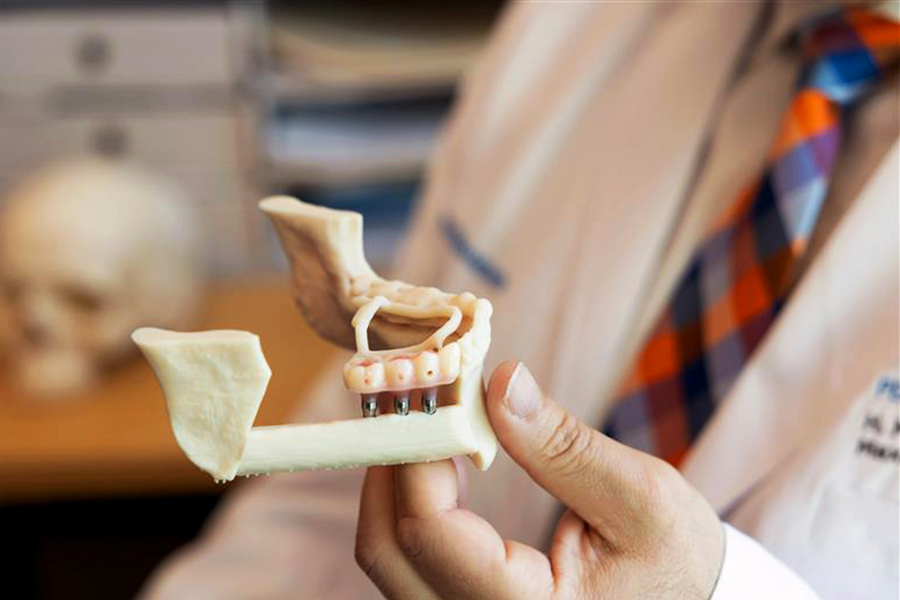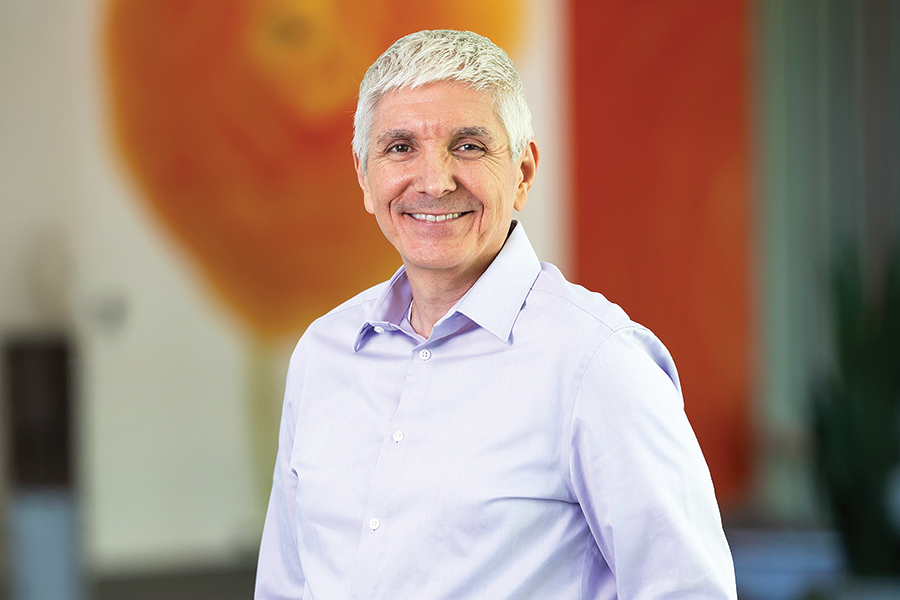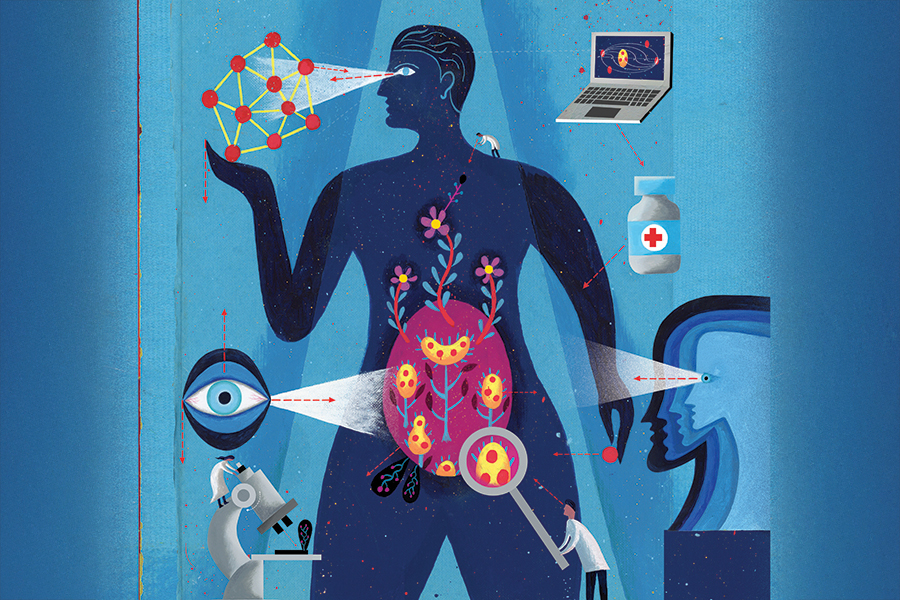Sonia Bains (pictured with her children) credits expert treatment and specialty care for saving her life at the Kaiser Permanente Redwood City Comprehensive Stroke Care Center.
Two weeks after giving birth to her second child, Sonia Bains started running a fever, having seizures, and losing coordination, which led to a complex stroke. She credits her treatment and care at the Kaiser Permanente Redwood City Comprehensive Stroke Center for saving her life.
“I honestly believe that if I hadn’t been taken there, I would be dead now,” said Bains, as her new son gurgled happily in the background.
While all Kaiser Permanente Northern California hospitals are Primary Stroke Care centers, the Redwood City Hospital is now a Comprehensive Stroke Care Center, due to its specialized capabilities in neurological disease.
The Comprehensive Stroke Care Center certification is an official designation given by The Joint Commission, a national not-for-profit that accredits health care organizations and programs in the U.S. for achieving high performance standards.
There are 1,200 Primary Stroke Care Centers in the country, and only 98 are Joint Commission certified Comprehensive Stroke Care centers. Kaiser Permanente Redwood City is the first hospital in San Mateo County that is accredited to perform a higher level of stroke care.
“I couldn’t move, but I could hear and understand the ambulance drivers saying I was headed for the best stroke care,” recalled Bains of the day she was rushed to the stroke center.
“We’re able to successfully treat complex cases of stroke, like Sonia’s,” said Vivek Rao, MD, director of the Kaiser Permanente Redwood City stroke center. He was one of her physicians and was at her bedside at 3 a.m. after she arrived in Redwood City.
Dr. Rao, who has led the neuroscience and stroke care team for 10 years, has diligently worked to attain the Comprehensive Stroke Care certification from The Joint Commission.
“The Joint Commission came in and surveyed our stroke care, finding that Kaiser Permanente Redwood City has the expertise, the dedication, and the infrastructure to provide outstanding care of complex stroke conditions,” said Dr. Rao.
Those conditions include hemorrhagic stroke, where a vessel bursts and pours blood into the brain tissue; aneurysms, which can cause hemorrhagic strokes and may require the use of sophisticated intravenous tools to control; and other conditions that require brain surgery, a long-time specialty at Kaiser Permanente Redwood City.
The Joint Commission commended Kaiser Permanente Redwood City for its long-standing stroke care expertise.
“By achieving this advanced certification, Kaiser Permanente Redwood City has thoroughly demonstrated the greatest level of commitment to the care of patients with a complex stroke condition,” said Mark Chassin, MD, president of The Joint Commission.
“Kaiser Permanente is committed to making sure our members have access to the benefits of our integrated care model. This includes investing in cutting-edge tools and technology that help us deliver the treatment that’s best for each individual,” said Sheila Gilson, chief operating officer for the Kaiser Permanente Redwood City Medical Center. “It’s accreditations like this that validate the more than $370 million we invested in this new hospital.”
The state-of-the-art Redwood City facility, which opened in 2014, has a dedicated neuro-intensive care unit that provides 24/7 neuro-critical care, which is a requirement of the Comprehensive Stroke Center accreditation. In addition, Kaiser Permanente has a post-hospital rehabilitation program at a center in Vallejo. Post-hospital care is another requirement for accreditation.
Dr. Rao was alerted that Sonia Bains was on the way to Redwood City, and he followed her case from that early morning. During one of his daily visits, he told Sonia she’d make a complete recovery from her complex stroke.
“I know I looked at him as though he had three heads,” said Bains. Thanks to the care from her complex stroke team’s therapists, she regained movement in her arms. She also walked again and can now hold her baby.
“They were beyond great.”
This article originally appeared on February 2, 2016 on Look Inside KP






